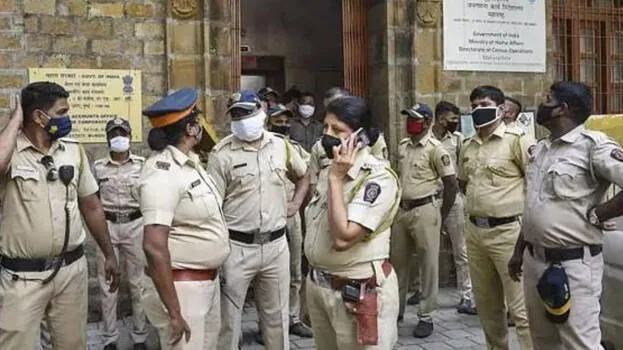
Bangladesh is recognised for its economic progress and GDP growth. However, despite our "over protectionist" policies on Credit Information Bureau (CIB) for individuals and businesses, we remain a country plagued by high levels of bank defaults, corruption, and inequality. We are well aware of the magnitude of defaulted loans and distressed debt, often disguised through window dressing to the central bank.
But today, I pose the critical question: how did we get here? This article is not a lesson in economics, but it is evident that Bangladesh's banking sector is broken—and has been for quite some time. Access to credit has been largely restricted to those with political clout, while entrepreneurs with a moral compass are left stranded on the sidelines. Middle-class consumers, too, face significant hurdles, unable to secure basic home or auto loans due to burdensome bureaucracy.
In Bangladesh, compliance is highly subjective. An applicant might have all the required documents yet still be denied a credit line because the bank deems them "not satisfactory." Meanwhile, crony companies and infamous individuals continue to bypass these barriers effortlessly.
To address this, we must ensure a proper separation of political influence from bank boardrooms. This means excluding MPs, ministers, and their family members—children, spouses, siblings—who have historically shaped the political-banking nexus in this country. The central bank must recognise that the existing CIB laws are outdated and ineffective.
Urgent policy reforms are needed. The current system incentivises companies and individuals to focus solely on their balance sheets, sanctioning more loans to service previous debts. This creates a vicious cycle, where borrowers aim to become "too big to fail," effectively holding banks hostage and evading accountability for financial malpractice.
So, what's so wrong with the CIB laws that got us here? Well, the current law essentially depicts that if the historical list of ventures is financially solvent, then that entity is eligible for more loans. But it gets complex when one of the entity's ventures fails. So, what happens when things hit the fan for any one of those? Can we call it quits on that venture and continue with the profitable ones? Absolutely not.
All of the business groups in Bangladesh have experienced this. The existing central bank laws essentially force entrepreneurs with more profitable, financially healthy companies to keep their other ailing entities afloat, ultimately jeopardising the once thriving ventures into bankruptcy. What do businessmen do to avoid that dreaded crisis? To avoid this, many businesspeople resort to over-leveraging, refinancing, restructuring, or consolidating debts, ultimately leading to a financial avalanche.
How can this be avoided? Well, we cannot essentially avoid financial crises. However, we can control the rate of defaults by taking strict fiscal policy measures. We can make sure that a snowball remains a snowball and that it does not take the shape of an avalanche.
If only the central bank would allow the separation of the limited companies from the other entities of the same sponsor, then we could have avoided economic disasters of this magnitude. The United States, for instance, has Chapter 11 bankruptcy provisions for a reason. It is definitely better to cut back on a losing horse earlier on versus to wager all that you have and by doubling down even further by borrowing more money in order to resuscitate the losing horse, in this case the failing company.
Even publicly listed companies are not immune to these laws, which hold sponsors accountable for their failed private ventures. This means public shareholders, who often hold the majority stake, also suffer the consequences of the sponsors' missteps. This legal framework has stifled our stock market, yet we continue to question why it is failing.
Critics in favour of the existing laws might argue that "given how strict the laws are we still have so many defaults, imagine how many more would default if we adopted this 'lax' approach?" In response, I would say that the bankers would have to do their real work in conducting their due diligence and prevent their boards from approving loan sanctions on projects for suspicious or saturated industries and directly communicate with the central bank, if their board fails to acknowledge red flags. The failure to do so is why we are here today. Bangladesh Bank needs to wake up and realise that it's better to deal with smaller defaults on a yearly basis rather than the default of a financial juggernaut that may jeopardise the economy.
Bangladesh Bank needs to make serious amendments to the existing archaic CIB laws that stifle the spirit of entrepreneurship. These laws have fostered a post-apocalyptic capitalist system in our country. It may feel like it's too late now, but just like the resilient people of Bangladesh, we should not give up now and march forward for a better tomorrow.
Adib Babul i s director of National Group Bangladesh. Views expressed in this article are the author's own. Follow The Daily Star Opinion on Facebook for the latest opinions, commentaries and analyses by experts and professionals.
To contribute your article or letter to The Daily Star Opinion, see our guidelines for submission ..














